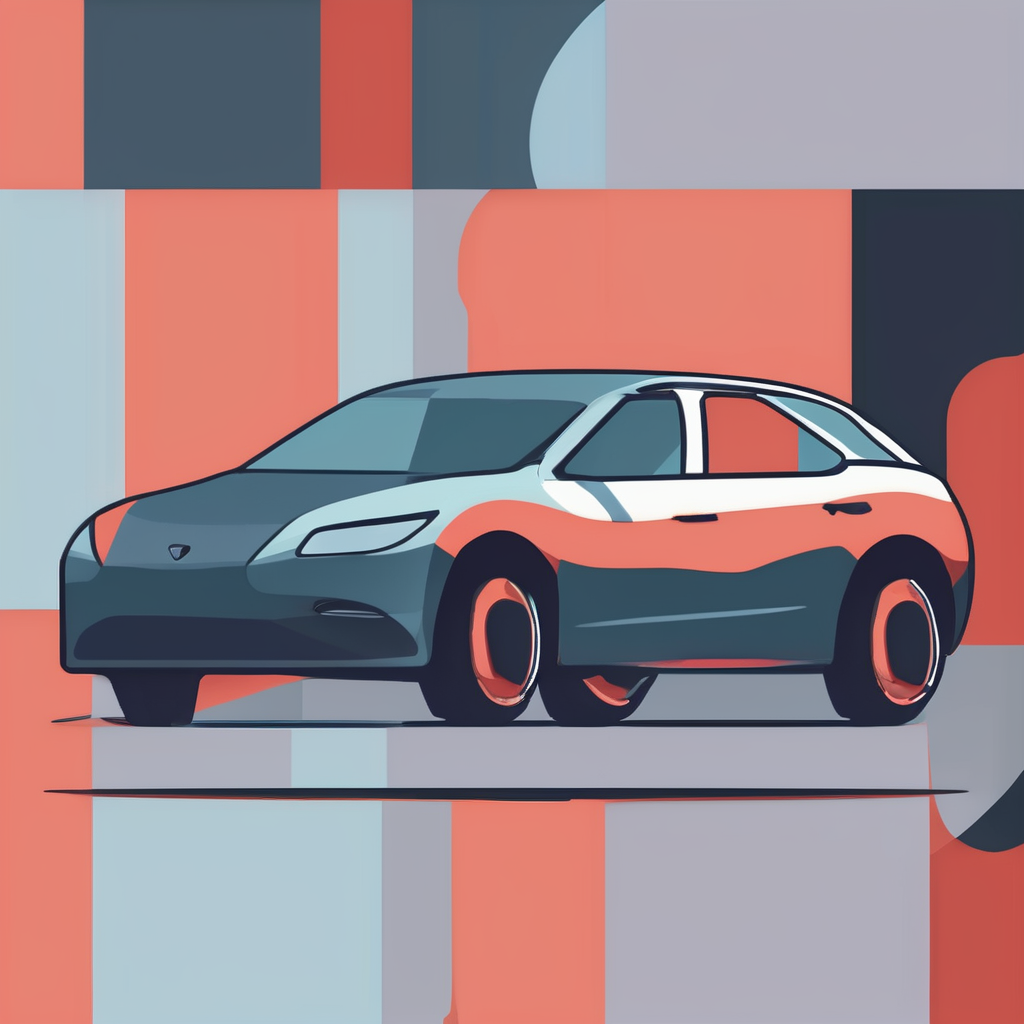Emerging Technologies Shaping UK Vehicle Design
The future vehicle technology UK landscape is rapidly evolving, propelled by key emerging automotive trends. One of the most prominent innovations is the integration of artificial intelligence (AI) and machine learning within vehicle systems. These technologies enable cars to process vast amounts of data in real-time, improving safety through advanced driver assistance systems and predictive maintenance. AI algorithms can adapt to individual driver habits, making journeys safer and more efficient.
Electrification is another cornerstone of UK car technology innovation. Advances in battery technology, such as solid-state batteries, offer greater energy density, faster charging times, and longer lifespans, directly addressing range anxiety and charging infrastructure concerns. These advancements are crucial as the UK pushes towards net-zero emissions, influencing both vehicle design and the supply chain.
This might interest you : What Are the Best Cities in the UK for Electric Vehicle Charging?
Autonomous and semi-autonomous driving functions continue to develop, with UK manufacturers emphasizing systems that enhance driver control while providing automated support in complex scenarios. These features reflect a growing trend toward safer, more convenient mobility solutions, demonstrating how emerging automotive trends are reshaping the future of driving in the UK.
Impact of Connectivity and Digitalisation
Connectivity and vehicle digitalisation have revolutionised the automotive landscape, especially in the connected vehicles UK market. The integration of Internet of Things (IoT) technology and 5G networks enables cars to communicate seamlessly with each other and surrounding infrastructure. This connectivity fosters real-time updates for navigation, traffic conditions, and emergency alerts, making journeys safer and more efficient.
Also to read : How Will Autonomous Vehicles Transform Urban Transportation Systems?
Smart car features, such as advanced driver assistance systems (ADAS), rely heavily on this digital framework. These systems provide lane-keeping assistance, adaptive cruise control, and automated parking, elevating driving comfort and reducing accidents. Furthermore, enhanced infotainment options now offer personalized media, voice commands, and seamless smartphone integration, reflecting the shift towards a fully digital driving experience.
However, with increased connectivity comes heightened concerns about data security and privacy. Vehicle digitalisation demands stringent cybersecurity measures to prevent unauthorized access and protect user data. Automakers are investing heavily in encryption protocols and secure communication channels to safeguard the integrity of connected vehicles UK, ensuring that convenience does not come at the expense of safety.
Regulatory and Environmental Influences
Shaping the future of UK vehicles
The UK vehicle emissions laws significantly impact automotive design. These regulations require manufacturers to focus on reducing pollutants like nitrogen oxides and particulates. Compliance with stringent standards pushes innovation toward cleaner technologies.
UK automotive regulations specifically promote zero emission vehicles (ZEVs). Car makers are tasked with integrating electric powertrains and enhancing battery efficiency to meet these demands. This shift not only addresses environmental goals but also anticipates future legal developments.
Urban mobility in the UK faces challenges such as congestion and air quality concerns. However, these hurdles present opportunities for expanding ZEV adoption. Cities are increasingly providing incentives and infrastructure to support zero emission vehicles, encouraging cleaner transport options that align with emission standards.
In summary, these evolving UK vehicle emissions laws and broader UK automotive regulations compel a transformation in vehicle design and urban planning. By prioritizing zero emission vehicles, the UK aims to reduce air pollution and improve public health while fostering innovation in the automotive sector.
Changing Consumer Expectations and Market Trends
Consumers in the UK are increasingly shaping automotive market trends with evolving preferences. One notable shift is the growing demand for customisation and personalisation in cars. UK car buyer preferences now often prioritize interiors tailored to individual lifestyles, such as adjustable seating layouts and tech integrations that suit personal routines. This trend reflects a move away from one-size-fits-all vehicles towards more distinctive models that enhance everyday comfort and convenience.
Flexible mobility solutions also play a pivotal role in transforming market expectations. Options like car sharing and subscription services provide adaptability for users who seek access without long-term commitment. This flexibility suits urban lifestyles where vehicle ownership may be less practical or desired.
Sustainability is another critical factor influencing UK buyers. Ethical sourcing of materials and eco-friendly design elements are increasingly important, encouraging manufacturers to innovate with recyclable interiors and lower carbon footprints. Together, these shifts reflect a broader desire for vehicles that align with both individual values and modern living demands, highlighting the dynamic nature of today’s UK car buyer preferences.
Expert Insights and Case Studies from the UK
Delving into UK automotive innovation case studies, leading manufacturers such as Jaguar Land Rover and Aston Martin exemplify future-ready models that integrate cutting-edge technology with sustainable design. Their latest vehicles showcase a blend of electric propulsion and advanced driver-assistance systems, embodying the industry’s shift towards eco-friendly yet high-performance machines.
Collaboration stands out as a key driver of progress. Tech startups and traditional automakers in the UK have formed partnerships focused on integrating artificial intelligence, enhancing battery efficiency, and developing autonomous driving capabilities. These alliances accelerate innovation and help companies remain competitive globally, highlighting the strength of the UK’s automotive ecosystem.
Several notable UK research projects are shaping the future of vehicle design. For example, initiatives at the Warwick Manufacturing Group and the Advanced Propulsion Centre foster breakthroughs in lightweight materials and alternative fuels. Expert opinions from industry thought leaders emphasize that such projects not only address environmental challenges but also enhance vehicle safety and user experience.
The UK automotive industry’s thought leadership continues to influence global trends through these dynamic collaborations and research efforts, setting a high bar for innovation and sustainability.
